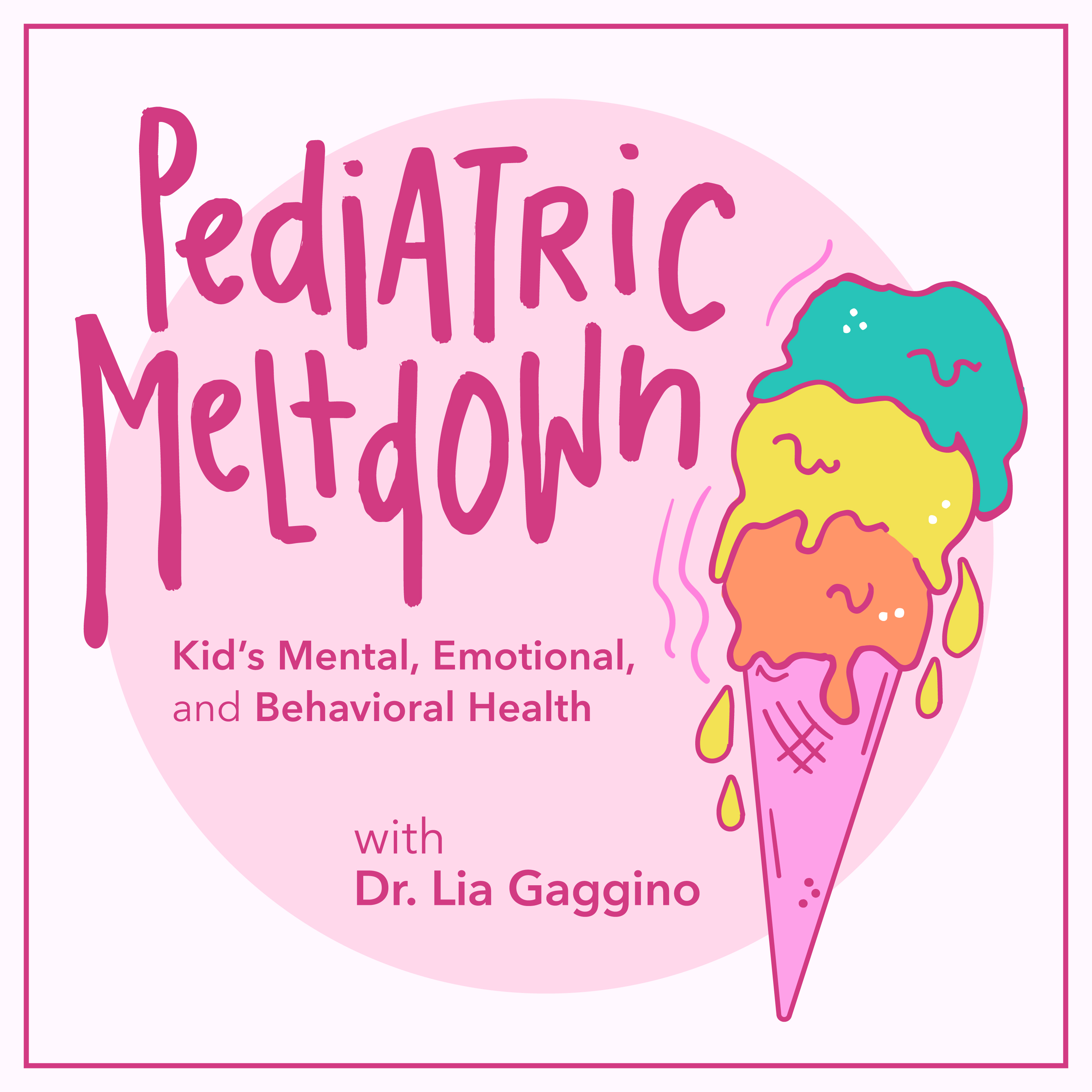
138 Aggression in Youth: Assessment and Treatment
Podcast: Pediatric Meltdown
Autor:Lia Gaggino
https://302.buzz/PM-WhatAreYourThoughtsAggression in children is a complex issue that can leave parents feeling helpless and desperate for a solution. Many turn to medication as a quick fix, but according to Dr. Lia Gaggino’s guest, Dr. Peter Jensen, multiple medications are not always the answer. It's important to assess the situation correctly and consider alternative approaches before turning to medication. In this episode, Doctors Gaggino and Jensen explore the various causes of aggression in children and provide tips on how to handle it effectively without resorting to excessive medication. Whether you're a parent, caregiver, or educator, the information provided in this episode can help you better understand aggression in children and how best to support them. Get your pad and pencils ready, you’ll be taking notes on this one. [00:30 -27:46] Understanding the Different Types of Aggression in Children and How to Treat ThemThe Importance of Assessing and Diagnosing before Prescribing MedicationAggression in children can fall into different categories, such as chronically irritable and explosive or misinterpreting social cuesDiagnostic Skills Help in Identifying the Underlying Causes of Aggressive Behaviors in ChildrenBipolar disorder and schizophrenia are unlikely causes of aggressive behavior in children[27:47- 38:02] Understanding and Treating Aggressive Behaviors in Children Treatment for ADHD should be maximized before turning to other medicationsResperidone and Aripiprazole have been approved by the FDA to treat aggression in childrenPrimary care providers need to get comfortable with atypical medications Guidelines for treating maladaptive aggression in youth are available in the journal Pediatrics[38:03 -48:14] Evaluating Medication for Children with Mental Health DisordersTrauma should be considered when treating children with psychiatric medications.Avoid the "pharmacotherapy of desperation," which involves adding multiple medications without clear rationale. Deprescribing, or slowly decreasing medication use, can be helpful for children on multiple medications that may not be effective.A thorough evaluation of the underlying disorder, using rating scales and input from multiple sources, is essential for choosing the right medication.[48:15 - 57:06] Top Screening Tools for Child Mental HealthVanderbilt Rating Scale is essential for monitoring ADHD in kids on stimulantsPHQ-9 is a quick and free depression scale that is recommended by the US Preventive Services Task Force and Academy of PediatricsSCARED is an effective tool for tracking and screening anxiety in children and can be given to parents or youthPSC-17 is ideal for well-child visits as it has only 17 items and screens for inattention, ADHD, anxiety, and depressionSuicide specific tools like ASK Screening Questions and Columbia should be used alongside PHQ-9 for better screening of suicidal ideation and behavior; CRAFFT can be used to screen for substance use in teenagers. [57:07 - 1:04:54] Closing segment TakeawayYou can reach Dr. Peter JensenWebsite: https://thereachinstitute.org/LinkedIn: <a href="https://www.linkedin.com/company/the-reach-institute-resource-for-advancing-children-health/" rel="noopener noreferrer"...
Fecha de Publicación: 19 de abril de 2023
Duración: 1 hr 4 min
Añadir a Playlist

Episodios Relacionados
-
249. The Pediatric Meltdown Podcast: Behind the Scenes junio 4, 2025
-
248. Conversation with My Daughter: Soft Body Baddie mayo 28, 2025
-
247. Human Trafficking: What Pediatric Clinicians Must Know mayo 21, 2025
-
246. Pediatric Psychopharmacology: Tips for Prescribers mayo 15, 2025
-
245. When Sadness Looks Like Anger: Rethinking Pediatric Depression and Behavioral Activation mayo 7, 2025